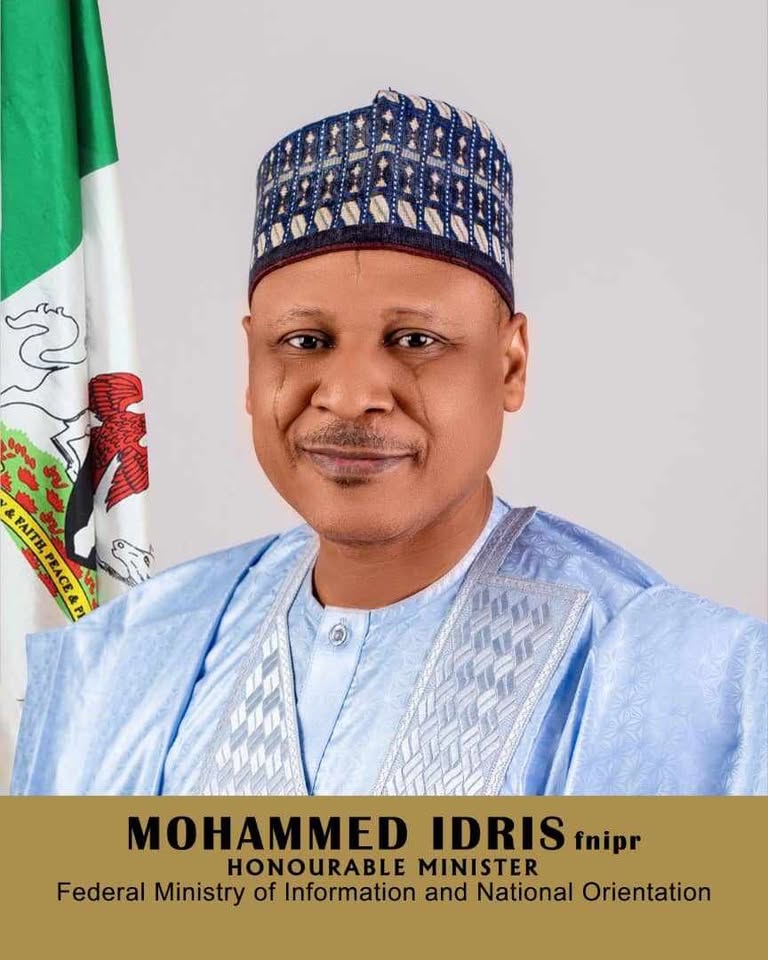Despite increasing calls for regional security autonomy, discussions on the creation of state police will not feature in the National Economic Council (NEC) meeting scheduled for Thursday, April 24, multiple presidency sources confirmed.
Vice President Kashim Shettima is expected to chair the meeting at the Council Chamber of the Aso Rock Presidential Villa, Abuja—marking the second NEC session in 2025. However, sources revealed that state police formation is not on the official agenda, despite pressure from some quarters to revisit the topic.
“The Vice President determines the agenda. As of Sunday night, state police is not included,” a source close to the NEC secretariat disclosed.
The meeting comes amid a surge in deadly attacks in Plateau, Benue, and Enugu states. Since early April, more than 120 lives have been lost in Plateau alone, according to Amnesty International. Coordinated raids in Bokkos and Bassa left over 3,000 people displaced. In Benue, at least 56 people were killed in separate attacks blamed on armed herders.
These incidents have renewed public calls for decentralised policing, seen by many as a more effective solution to Nigeria’s security challenges.
Talks on state police gained momentum in February 2024, when President Bola Tinubu and the 36 state governors held an emergency meeting and agreed to explore the idea.
Following the meeting, the NEC directed each state to submit a detailed position paper on state police. By December 2024, all 36 states had complied, excluding the Federal Capital Territory, which deferred to the Federal Government’s stance.
At NEC’s 147th meeting in December, Governor Uba Sani of Kaduna State confirmed that “most states support the establishment of state police”, citing rising insecurity and the lack of federal security presence in many communities.
“With vast ungoverned spaces and limited personnel, the states need police forces that are local, responsive, and accountable,” Sani argued.
Despite progress in state submissions, NEC postponed final discussions on the matter until January 2025 to allow further stakeholder engagement and review by its secretariat.
However, the January meeting never held. A planned session on January 31 was shelved due to a clash with a PDP Governors’ meeting in Asaba, leaving the process in limbo.
“We had to step down the NEC meeting because many of the governors attending the PDP event are also NEC members,” a source revealed.
NEC last addressed the issue substantively at its 146th meeting in November 2024, setting a one-week deadline for states yet to submit their reports. At the time, Bayelsa Governor Douye Diri stressed the urgency of creating a framework, but also hinted at bureaucratic slowdowns.
While stakeholder support for state police appears strong, implementing it would require constitutional amendments and extensive coordination between the Federal Government and the states.
Some observers blame political interference for the delay.
“NEC is only advisory. Final decisions rest with the President,” said a presidency source. “The momentum has stalled due to politics, even though governors desperately need the powers to protect their people.”
Critics of state police caution against potential abuse by governors, warning it could fuel political intimidation or erode national unity. But advocates argue that the current centralized policing structure has failed to address Nigeria’s diverse security threats.
With no formal discussions scheduled on the topic this week, stakeholders fear further delays could embolden criminal elements and leave communities vulnerable.
“We need state police now more than ever,” a source emphasized. “The killings in Plateau and Benue are proof that the current system is not working.”
As insecurity worsens, pressure is mounting on NEC and the Federal Government to move beyond reports and begin concrete legislative and structural reforms to decentralize Nigeria’s policing framework.
